Hydrogen Mafia: Toyota hit with $5.7 billion RICO lawsuit
A $5.7B lawsuit alleges that Toyota operated an organized, fraudulent enterprise that intentionally concealed catastrophic safety defects.
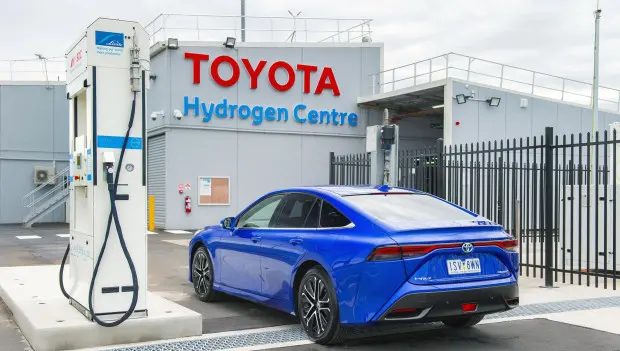
Toyota is facing a massive $5.7B lawsuit claiming the company operated a deliberate, organized enterprise that hid critical safety flaws linked to its hydrogen fuel cell-powered Mirai sedans.
Filed under the Racketeer Influenced and Corrupt Organizations (RICO) Act — a law originally crafted in 1970 to prosecute organized crime and recurring fraud — the complaint suggests Toyota’s actions mirror the kind of systematic deception the statute was designed to address.
The RICO law, best known for its use against the Mafia and large-scale corporate fraud cases, now takes center stage in this new filing. Attorneys for the plaintiffs allege Toyota knowingly carried out a ten-year campaign of deceit tied to its Mirai hydrogen cars, endangering public safety and violating a prior U.S. Department of Justice settlement.
The 142-page lawsuit, submitted by attorney Jason M. Ingber in the U.S. District Court for the Central District of California, claims Toyota, its finance division, and its California dealerships collaborated to sell and fund hydrogen fuel cell vehicles that some technicians reportedly called “ticking hydrogen bombs.”
“This isn’t about one defect — it’s about an organized cover-up,” Ingber said. “Toyota built, financed, and oversaw California’s hydrogen infrastructure, then used that control to hide safety failures and financial harm to consumers.”
According to the complaint, Toyota and its hydrogen partner, FirstElement Fuel (known as True Zero), deliberately concealed multiple safety hazards, including:
-
Hydrogen leaks near hot engine parts, creating explosion risks
-
Sudden power loss and brake or acceleration failures causing crashes
-
A deteriorating hydrogen fueling network, leaving drivers stranded for extended periods
-
Aggressive collection practices by Toyota Motor Credit Corporation targeting owners of disabled vehicles
The plaintiffs also claim these actions breached Toyota’s 2014 Deferred Prosecution Agreement with the U.S. Department of Justice — a deal in which the automaker admitted to hiding safety defects related to its unintended acceleration scandal and agreed to disclose all future safety issues honestly.
Ingber is seeking triple damages, a court order halting Toyota’s hydrogen operations, and other injunctive relief, citing ongoing mail and wire fraud.
“Toyota’s brand has long stood for reliability and trust,” Ingber said in a statement. “Our case will show how that trust was broken — and why accountability is long overdue.”
The case, Aminah Kamran et al. v. Toyota Motor Corporation et al., is filed under Case No. 2:25-cv-09542 in the Central District of California.
You may also be interested in the news:
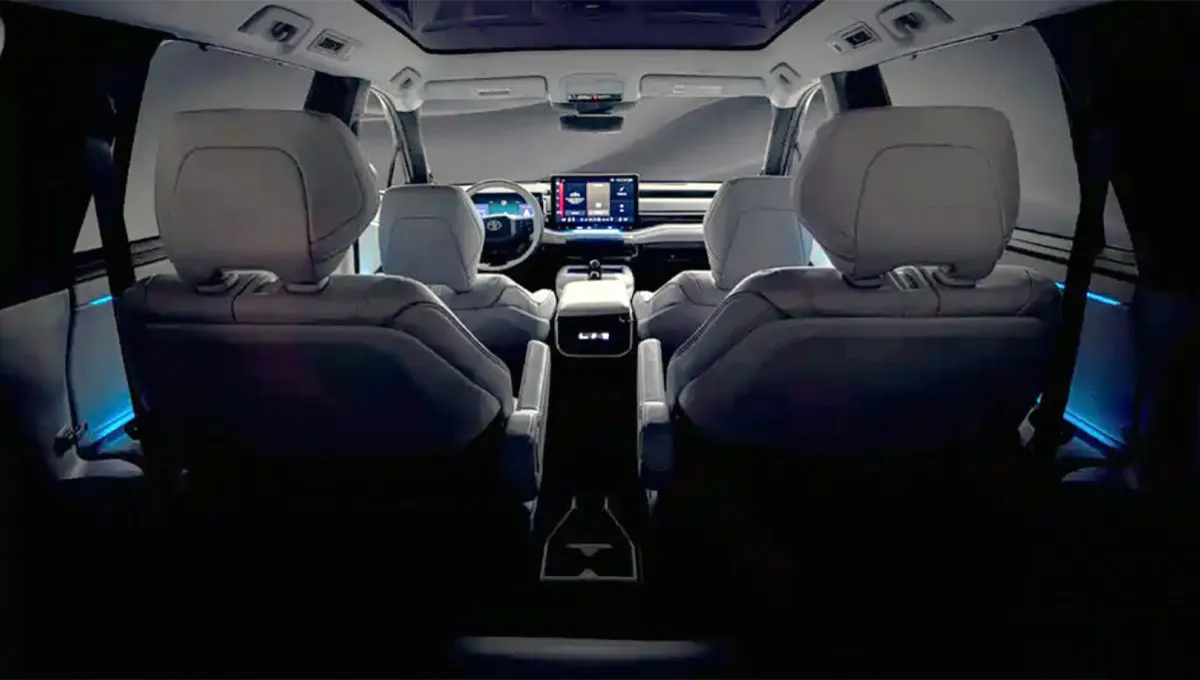
Toyota Releases First Official Photos of Its New Three-Row SUV, Confirms February 10 Debut
Toyota has finally stopped speaking in hints and made its teaser campaign far more concrete, releasing the first official images.
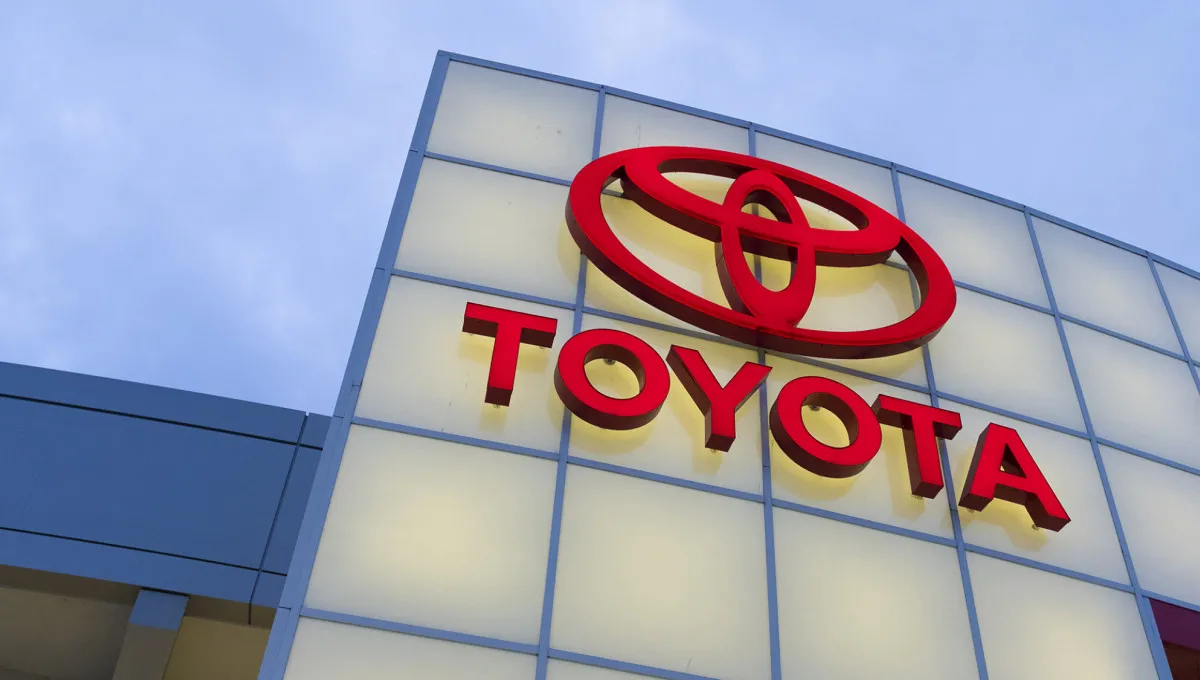
Toyota retains top auto crown in 2025 with record sales
Over the past 15 years, only three automakers have topped global vehicle sales.
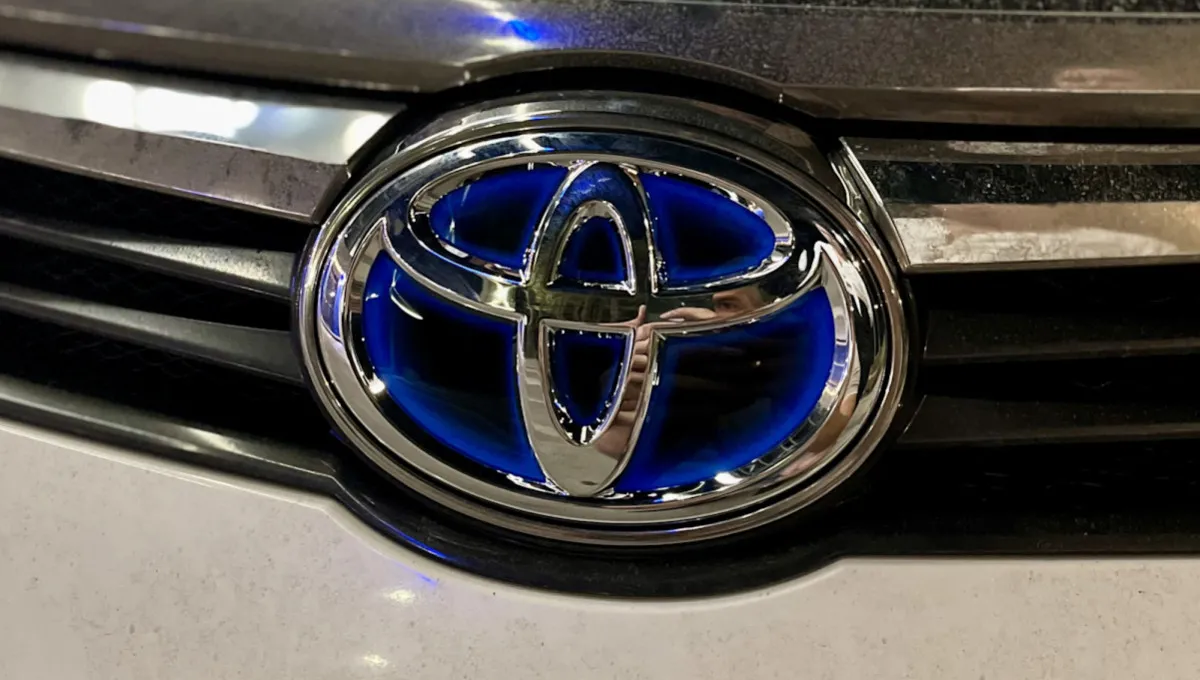
Toyota to recall over 161,000 US vehicles over rear-view camera display
Toyota is recalling 161,268 vehicles in the U.S.
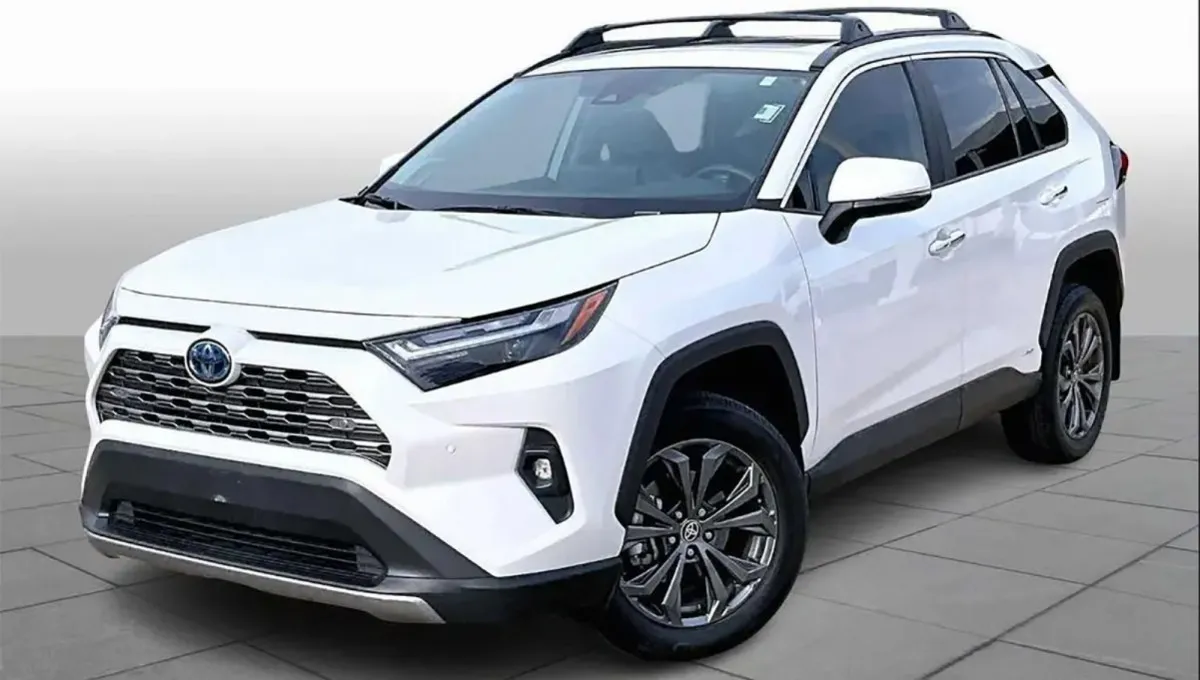
Americans Go Crazy Over the New Toyota RAV4: Dealers Mark Up Prices and Mislead Buyers
The new generation of Toyota’s best-selling SUV has sparked heated online debate.
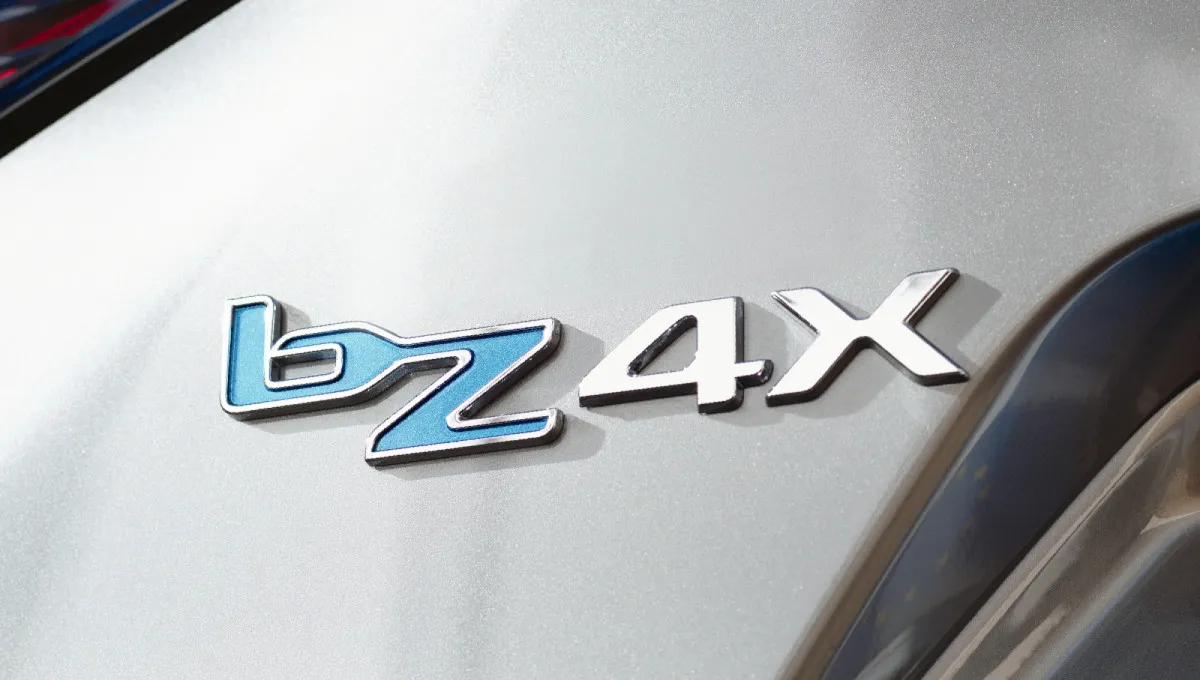
Toyota Recalls bZ4X Electric Crossovers in the U.S. Over Tail Lights — Not a Mechanical Issue
Even automakers with strong reliability records can stumble from time to time.